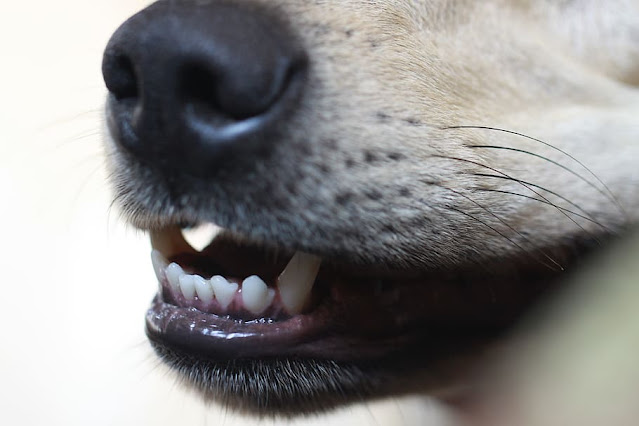Introduction
Dogs, often referred to as "man's best friend," provide us with endless joy and companionship. As responsible pet owners, we must ensure that our furry friends enjoy a healthy and happy life. One crucial aspect of their well-being that is often overlooked is dental care. Just like humans, dogs require proper dental hygiene to maintain their overall health. In this comprehensive guide, we will delve into the fundamentals of dog dental care, emphasizing the importance of prevention in maintaining your canine companion's oral health.
Why Dental Care Matters
Maintaining good oral health in dogs is not just about keeping their breath fresh; it's about preventing serious health issues. Dental problems in dogs can lead to discomfort, pain, and even more severe health conditions. Here are some compelling reasons why dog dental care should be a top priority:
Preventing Dental Disease: Dental disease is one of the most common health problems in dogs. It can range from mild gum inflammation to severe conditions like periodontal disease. Regular dental care can prevent these issues from developing.
Pain and Discomfort: Dogs with dental problems often experience pain and discomfort when eating or playing. This can affect their quality of life and lead to behavioral changes.
Overall Health: Dental issues can have a domino effect on a dog's overall health. Bacteria from the mouth can enter the bloodstream and affect vital organs like the heart, liver, and kidneys.
Cost Savings: Preventive dental care is more cost-effective than treating dental diseases once they become advanced. Regular check-ups and maintenance can save you from hefty veterinary bills.
Now that we understand the importance of dog dental care, let's explore the essential steps to ensure your furry friend's oral health remains in tip-top shape.
The Basics of Dog Dental Care
1. Regular Dental Check-ups
Just like humans, dogs need regular dental check-ups. You should visit your veterinarian at least once a year for a dental examination. Your vet will assess your dog's oral health, check for signs of dental disease, and recommend any necessary treatments.
2. Brush Your Dog's Teeth
Brushing your dog's teeth is the cornerstone of good dental care. It may take some time for your dog to get used to the routine, so start gradually and make it a positive experience. To prevent dogs from absorbing human toothpaste, use a dog-specific toothbrush and toothpaste. Brushing your dog's teeth a few times a week can significantly reduce the risk of dental disease.
3. Dental Chews and Toys
Various dental chews and toys are available in the market designed to promote oral health in dogs. These products help reduce plaque and tartar buildup by encouraging your dog to chew, which naturally cleans their teeth. Ensure the safety and effectiveness of your products by choosing those that are approved by veterinary associations.
4. Dental Diets
Some dog food brands offer specialized dental diets formulated to support oral health. These diets often have a unique kibble texture that helps reduce plaque and tartar. Consult your veterinarian before switching your dog to a dental diet to ensure it meets their specific needs.
5. Be Mindful of Your Dog's Diet
It is important to feed your dog a balanced diet in order to keep their overall health, as well as their dental health, in good shape. Avoid feeding your dog a diet that's primarily composed of soft or sticky foods, as these can contribute to dental issues. Incorporate dry kibble and dental treats into their diet to promote tooth and gum health.
6. Avoid Harmful Habits
Certain habits can be harmful to your dog's teeth. Avoid giving them hard objects to chew on, as this can lead to broken teeth. Also, be cautious with an overly aggressive play that could result in dental injuries.
7. Monitor Your Dog's Behavior
Keep an eye out for signs of dental problems, such as bad breath, drooling, pawing at the mouth, or reluctance to eat. The following symptoms should be reported to your veterinarian as soon as possible if you notice any of them.
8. Professional Dental Cleanings
In addition to regular check-ups, your dog may need professional dental cleanings as recommended by your veterinarian. These cleanings are performed under anesthesia and involve a thorough cleaning of your dog's teeth and gums to remove plaque and tartar buildup.
Conclusion
Your dog's oral health is a critical component of their overall well-being. By prioritizing preventive dental care, you can ensure that your furry friend enjoys a happy and healthy life. Regular check-ups, daily brushing, appropriate dental products, a balanced diet, and avoiding harmful habits are all essential steps in maintaining your dog's dental health. Remember that prevention is key, and investing in your dog's dental care now can save you from potential health issues and costly treatments in the future. So, start today, and give your beloved canine companion the gift of a bright and healthy smile!
